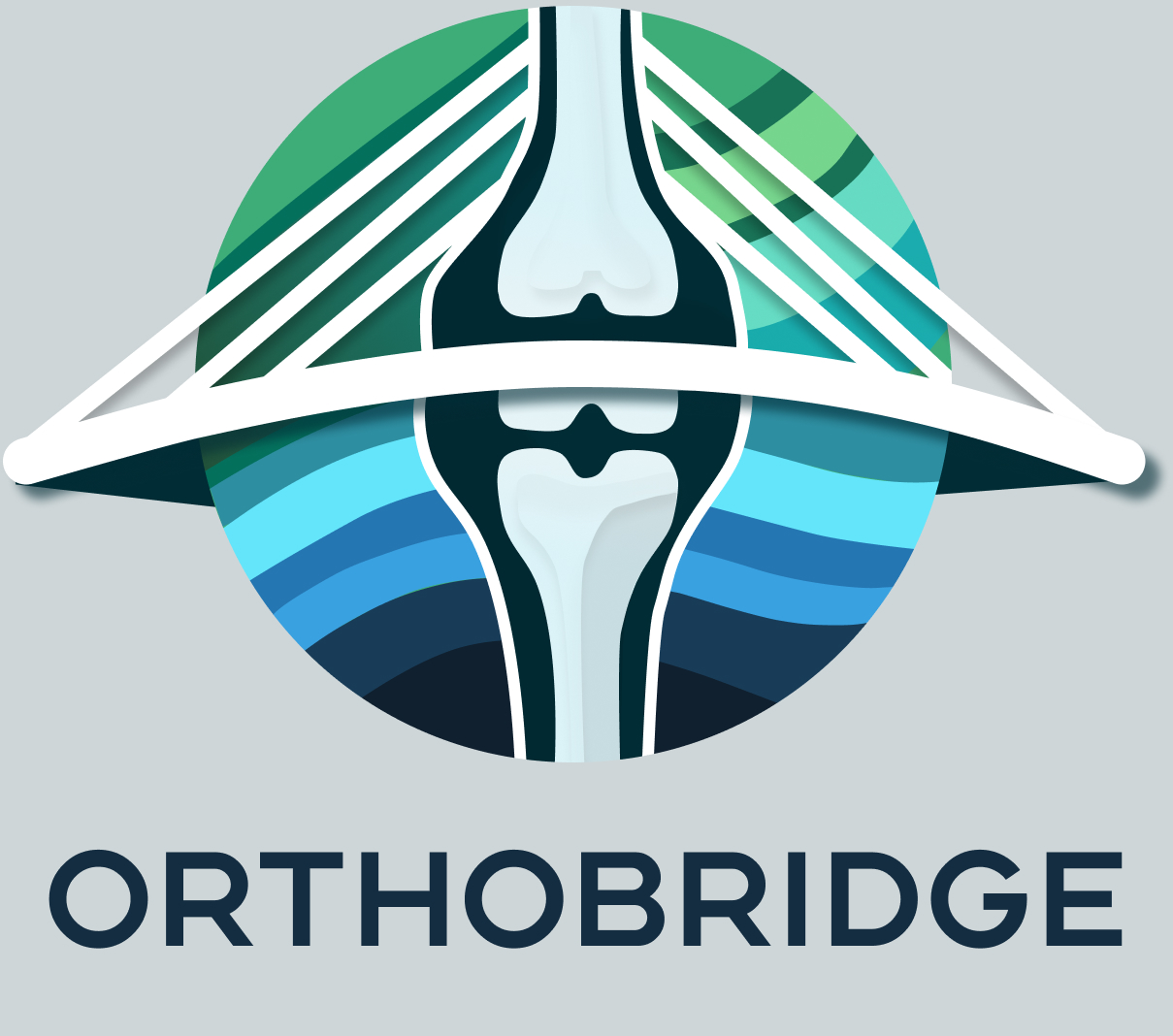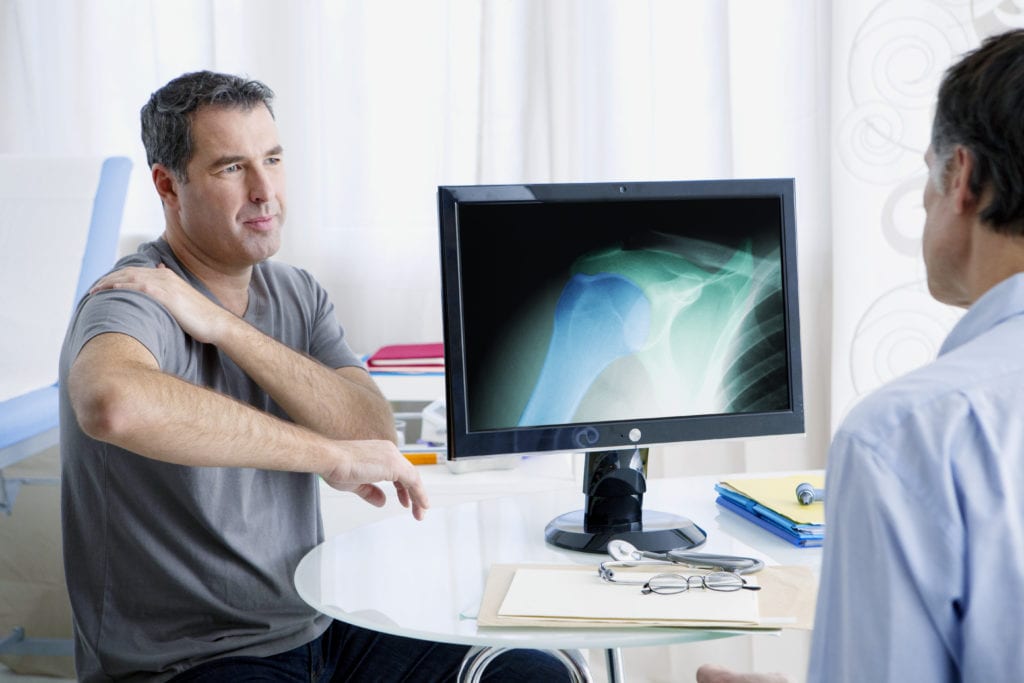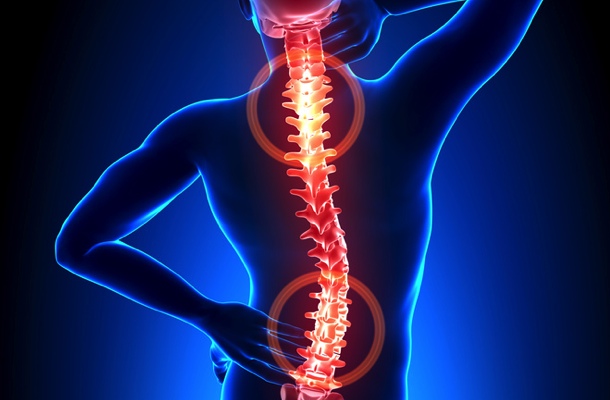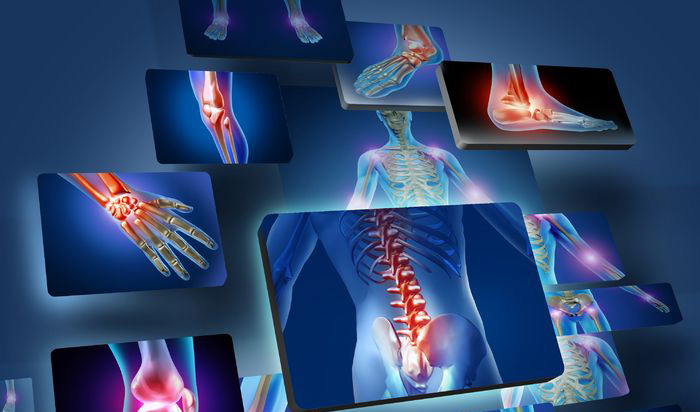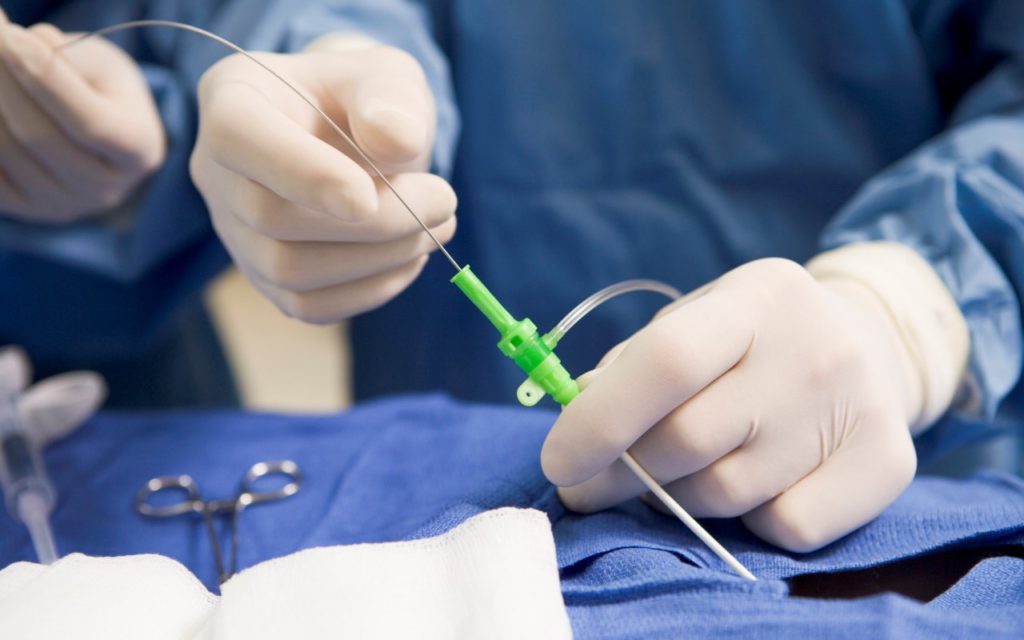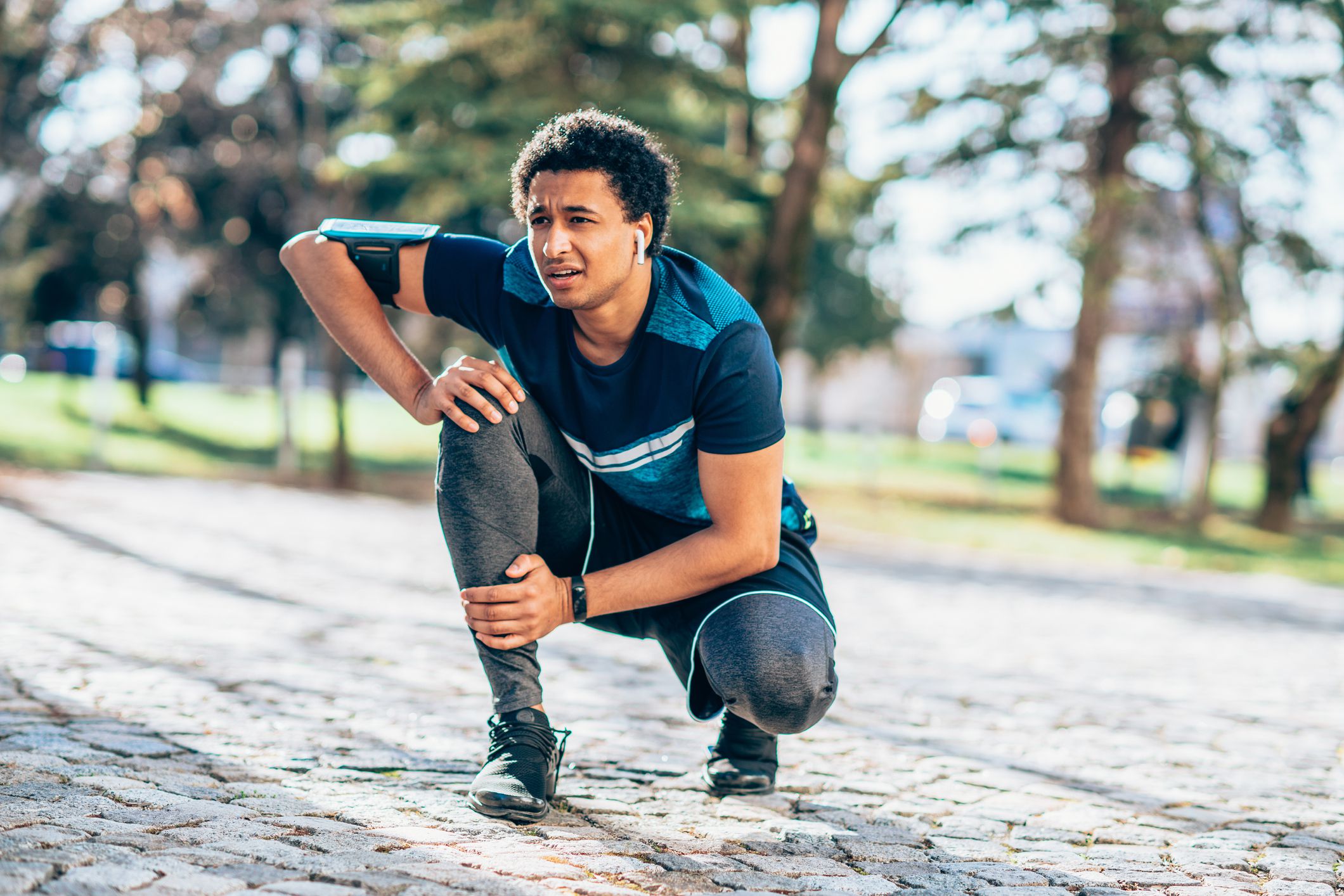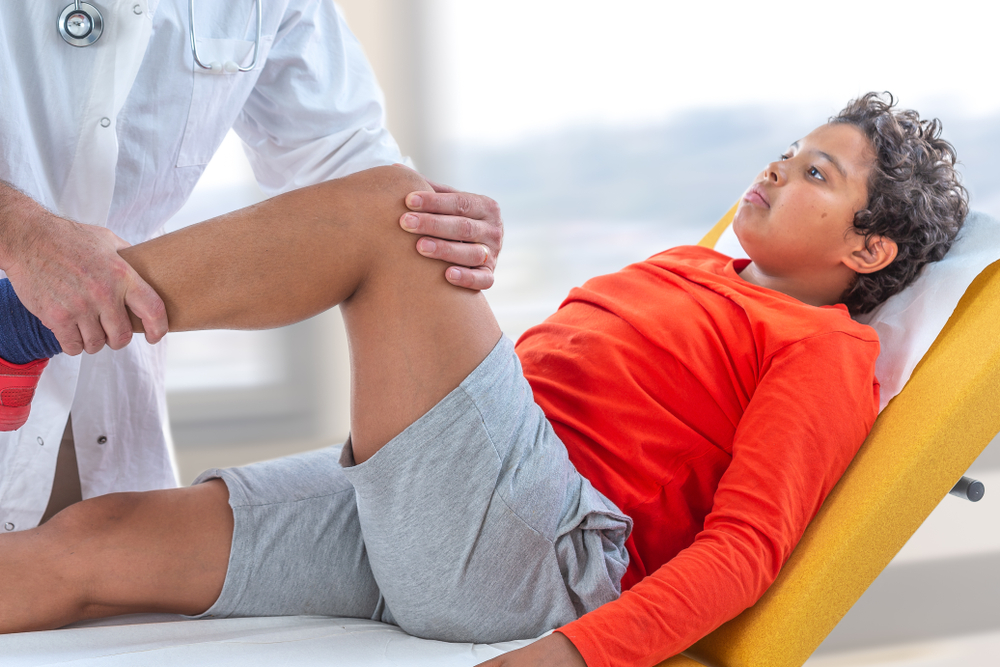The pain may come on suddenly, as a sharp stitch on the left side of your back. Or it may throb to life on your right side, growing slowly worse each day. No matter its exact location, though, one thing is sure: Back pain isn’t fun—but it’s a familiar foe.
That pain can radiate from the bones, joints, ligaments, muscles, or a combination of sources. Lifestyle plays its part in back pain, too. Everything from sports injuries and poor posture to obesity and psychological stress can contribute to back pain.
When the pain is isolated to one side, though, you may wonder what exactly is going on. The pain could represent something minor from which your body will heal itself, or it could indicate a more serious condition.
One-sided back pain is a fairly common issue,” says Col Dr Adari, from Orthobridge Institute’s orthopedic and fracture care practice

Tissue Injuries
Injuries to the spinal structures can happen in the muscles, discs, or joints, and make up the most common cause of back pain on just one side. They often occur after minor injuries or from an impact in sports or a car accident.
Tissue injuries typically cause pain central to the spine, but they can lead to pain entirely on either the right side or the left side of the back. And of tissue injuries overall, muscle strains are the most common cause of lower back pain on one side.
Poor posture is another possible culprit for this type of one-sided back pain, according to Col Dr Adari,. “Typically when you sit, everything should be at a 90 degree angle: knees, ankles, hips, and elbows,” he explains.
Muscle Strain Symptoms Include:
-
- Limited range in motion
- Tenderness or swelling
- Muscle spasms
- Pain the improves with rest, ice or NSAIDs
- Pain that worsens after sitting or getting out of bed

Bone Issues
Arthritis, bone spurs, or spinal stenosis (a narrowing of the spinal column) also all may cause pain on one side of the back. The pain may radiate down the leg or cause weakness.
For instance, Col Dr Adari, says, “If someone has right hip pain from arthritis, they may walk in a way meant to prevent falling and minimize hip irritation. But then they might have left-side back pain as a result.
He adds that this compensation might not be something your body does consciously. “It’s just the body protecting itself from worsening pain, which causes muscles and other joints to be overused or over-fatigued,” he says.
Your treatment options depend on how badly the issue interrupts your daily life: walking, sitting, and other activities you enjoy. Your physician will discuss your optimal treatment options based on the severity of your symptoms.
Treatments may include pain medication and hot/cold packs. They may also range from physical therapy to surgery.
Keep in mind that while frustrating, finding the right treatment that works for your specific back pain will likely take time, trial, and error.
Internal Organ Problems
Though you may not think of them at first, pain on the right side or left side of your back may actually come from the organs in your mid-back, abdominal, or pelvic area. That pain may signify infection, inflammation, or irritation, and the potential affected organs include:
- Kidneys
- Pancreas
- Colon
- Uterus
There are a lot of one-sided issues you could have from pelvic or abdominal structures, but it’s not the typical back pain people think of,” says Col Dr Adari. “For instance, kidney stone pain tends to radiate from the flank down to the groin.
Your kidneys live toward your lower back and can cause pain if infected. However, if you’re experiencing kidney stones or a kidney infection, you’ll likely have other symptoms, too, including pain when urinating, nausea, or fever.
Chronic inflammation of the large intestine, called ulcerative colitis, can also cause back pain—along with abdominal cramping, digestive issues, weight loss, and fatigue, as well.
And in women, pelvic pain from endometriosis or fibroids can radiate into the lower right back. This pain often comes with other issues, too, including abnormal menstruation, frequent urination, and pain during intercourse.

Emergency Symptoms
Nobody wants to rush to the Emergency Room over back pain, but it’s important to take right-side or left-side back pain seriously. Go to the emergency room if your back pain is severe or if you believe it could be an emergency, such as a serious health problem or injury.
You’ll also want to recognize if it’s happening in conjunction with other symptoms, such as spinal tenderness, swelling, or bowel or bladder problems.
One such issue is a serious nerve condition called cauda equina syndrome, which involves nerve compression at the end of the spinal cord. “Usually, symptoms include numbness around the groin, significant leg pain, loss of bowel/bladder control, and paralysis,” explains Col Dr Adari,.
But emergency symptoms that cause back pain don’t necessarily have to do specifically with the back. An abdominal aortic aneurysm causes the abdominal aorta to balloon and, in some cases, rupture. If the aneurysm ruptures, there is often associated sudden and severe abdominal or chest pain radiating to one side of the back.
It’s important to familiarize yourself with emergency symptoms and seek medical attention immediately if you suspect you may be having an issue. In general, remember: It’s better to be overly cautious when dealing with back pain on your right or left side, especially if the pain interrupts your daily life or comes on suddenly and doesn’t go away with rest or medication.
Talk with your doctor or go to an emergency room to solve exactly what’s going on behind your back.
